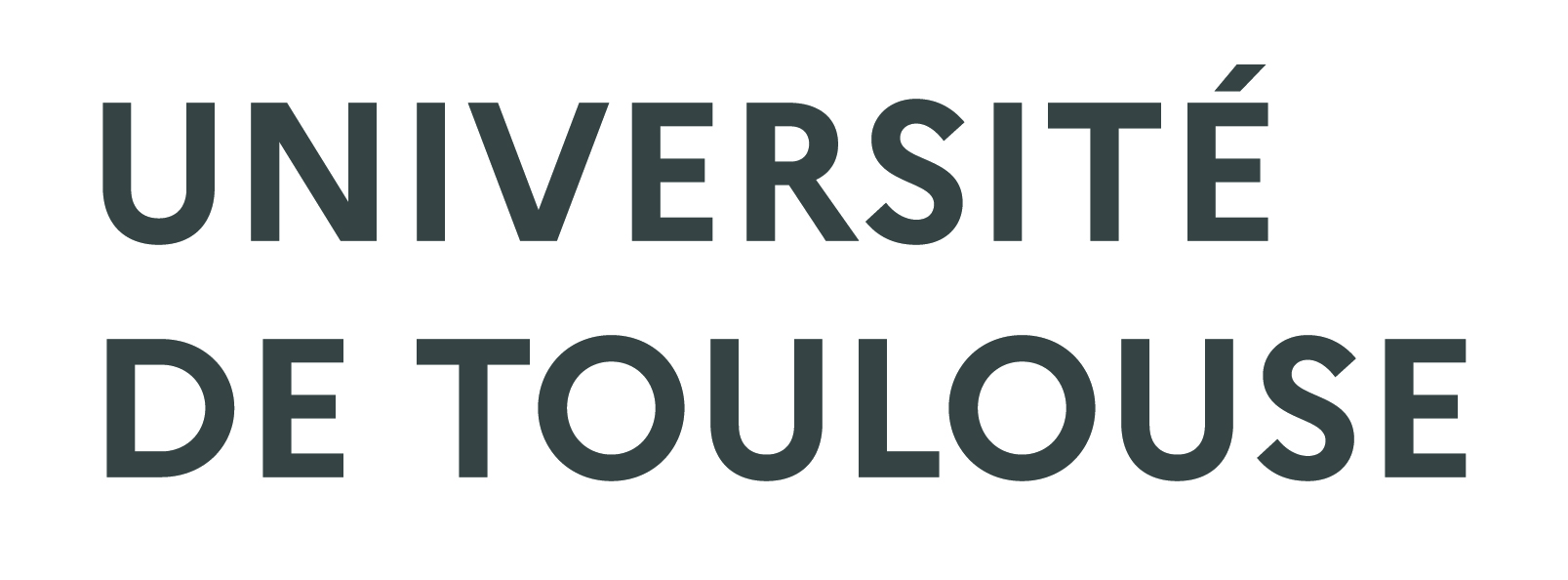Effects of ants on riparian poplars: an ex situ experiment of biotic interaction
Résumé
Poplars establish on alluvial bars within sand and gravel-bed rivers. Alluvial bars also provide particularly suitable habitats for the proliferation of ants. We hypothesized that ants, by modifying substrate structure and resource availability in fluvial habitats, positively influence poplar growth during its establishment stage. We conducted a preliminary nine-month ex situ greenhouse experiment with one ant species (Lasius niger L.) and six different genotypes of poplar cuttings (Populus nigra L.), both collected on the Garonne River, SW France. Three main treatments: ‘P. nigra alone’, ‘P. nigra without ants and with ant food’ and ‘P. nigra with ants and ant food’ were applied. After one growing season, we tested differences in branching length and biomass of stems, roots and leaves. Certain genotypes showed significant differences in growth, but there were no significant differences in stem length, dry mass of stems and roots between the three treatments. The total biomass of poplars after the first growing season was positively affected by the initial size of the cuttings and was modulated by the genotype independently from the treatments. However, an increased poplar growth for the treatment without ants and with ant food was observed according to significant differences in dry weight of leaves and total biomass (i.e. dry mass of stems, roots and leaves) for the pooled genotypes across treatments. We discuss our results with the aim of serving as a reference for future in situ and ex situ experiments and field measurements exploring interactions between ants and poplars, specifically in riparian ecosystems.
| Origine | Fichiers produits par l'(les) auteur(s) |
|---|

